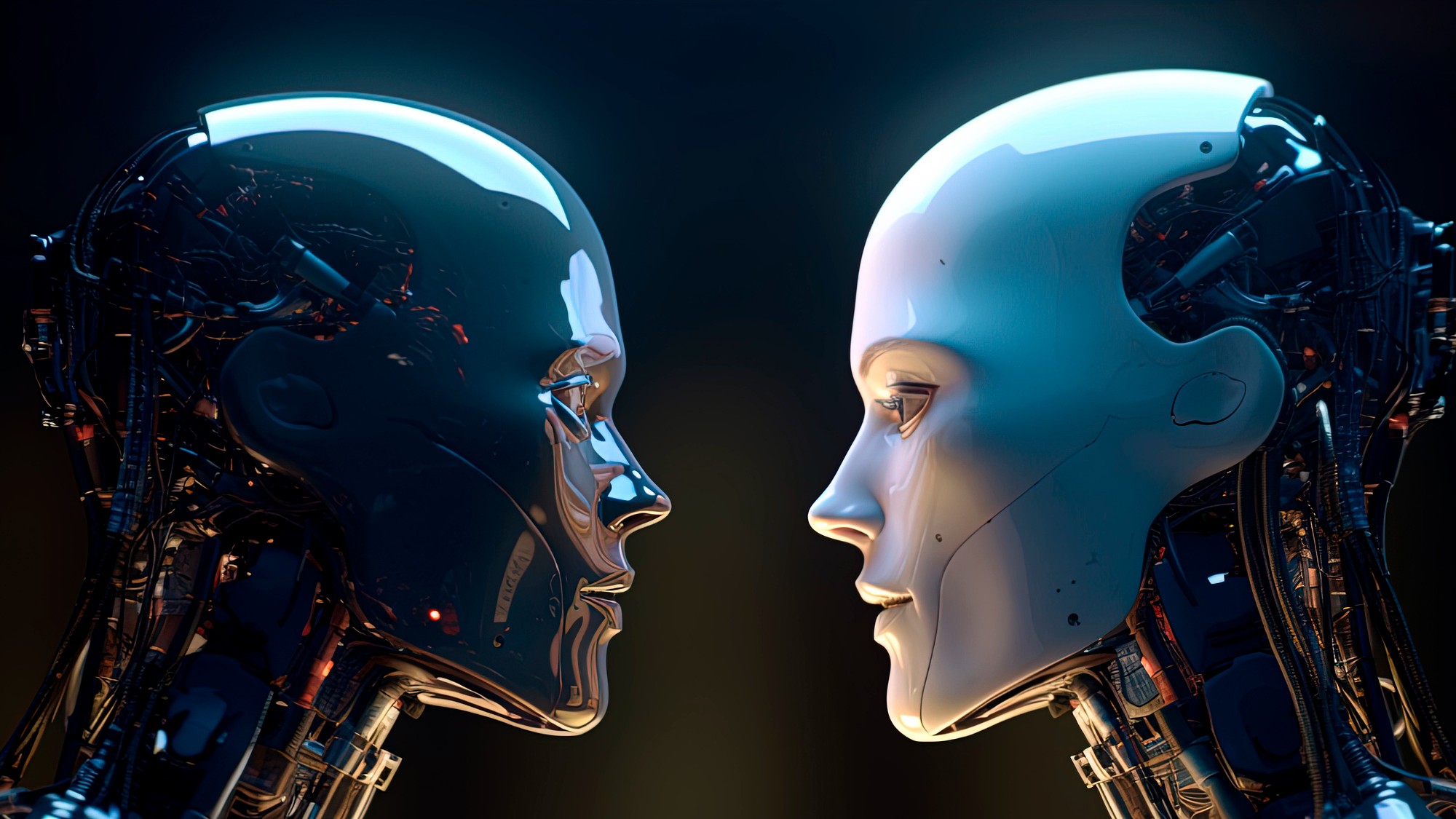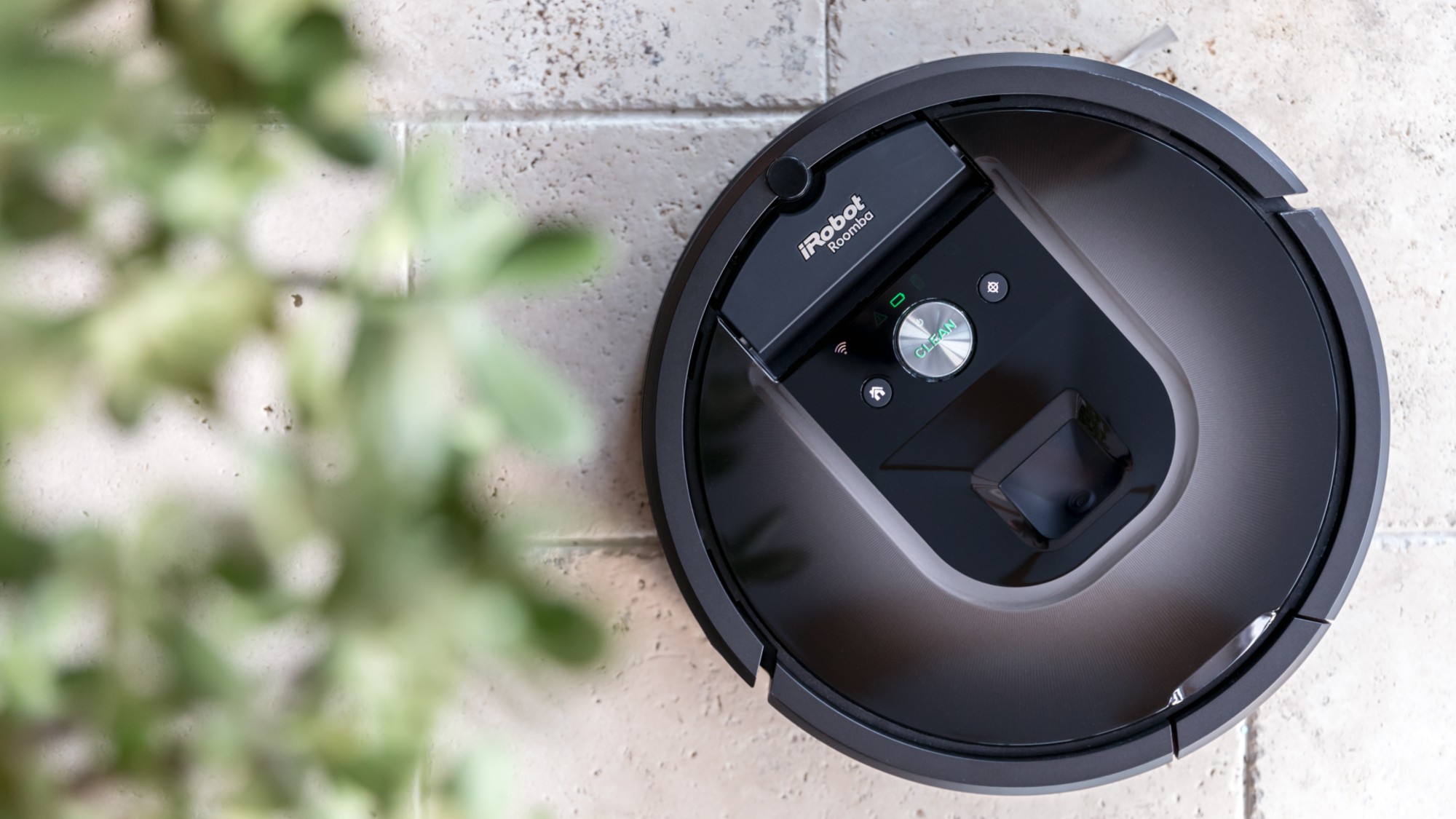Should AI have rights?
Technology is becoming smarter


A free daily email with the biggest news stories of the day – and the best features from TheWeek.com
You are now subscribed
Your newsletter sign-up was successful
Artificial intelligence (AI) is becoming more advanced by the day, but what happens when it becomes so advanced it can emulate human behavior and intelligence? There is an ongoing debate as to whether AI will someday necessitate rights similar to those that humans have. Some believe that reassessing AI's position in society will be necessary in the future, especially if the technology takes control of its own actions. On the other hand, some believe that AI will never be truly human and granting it such a status devalues humanity.
A legal person making decisions
While AI technology is not yet advanced enough to be comparable to humans, "if future AI were to achieve a form of consciousness or self-awareness, the conversation around AI rights would become more pertinent," said Psychology Today. "We need to build a new field of digital minds research and an AI rights movement to ensure that, if the minds we create are sentient, they have their rights protected," Jacy Reece Anthis said in an opinion piece for The Hill.
Specifically, AI would need to be granted legal personhood. A legal person is a "human or a nonhuman legal entity that is treated as a person for legal purposes," said Cornell Law School's Legal Information Institute. "Corporations, like AI systems, are not people. Yet the U.S. Supreme Court has ruled that government should not suppress corporations' political speech," Simon McCarthy-Jones said in a piece for The Conversation. "The same principle could extend to AI."
The Week
Escape your echo chamber. Get the facts behind the news, plus analysis from multiple perspectives.

Sign up for The Week's Free Newsletters
From our morning news briefing to a weekly Good News Newsletter, get the best of The Week delivered directly to your inbox.
From our morning news briefing to a weekly Good News Newsletter, get the best of The Week delivered directly to your inbox.
In addition, "robots will increasingly be capable of autonomous action, and potentially both be responsible for their behavior and entitled to due process," said The Wall Street Journal. "At that point, robots would be moral agents—and might well make the case that they are entitled to commensurate rights and privileges, including owning wealth, entering into legal agreements and even casting ballots." However, "we must differentiate between programmed responses that mimic consciousness and genuine self-aware experiences," Psychology Today said.
A machine is what we make it
It is difficult to determine whether a robot is truly able to feel and make its own decisions. "Sentience is notoriously hard to define, and if it exists in a robot, a human presumably put it there," said the Journal. AI does not act on its own instinct or morality, a way in which it differs from humans and even animals. "The moral status of animals is often linked to their sentience and ability to experience pain and pleasure. AI, as we understand it today, lacks these sentient qualities," said Psychology Today.
Thus, treating AI as a human could devalue humanity as a whole. We "don't know if sentient AI will be possible," said Lance Eliot in a piece for Forbes. "Nobody can aptly predict whether we will attain sentient AI, nor whether sentient AI will somehow miraculously, spontaneously arise in a form of computational cognitive supernova." This makes it difficult to assess whether there should be a movement for AI rights. "While parallels can be drawn from the animal rights movement, AI's distinct nature as a human-created, nonsentient entity presents unique challenges," said Psychology Today. "In contemplating AI rights, we are not just shaping the future of AI but also reflecting on the evolving nature of rights, personhood and morality in a rapidly changing world."
A free daily email with the biggest news stories of the day – and the best features from TheWeek.com
Devika Rao has worked as a staff writer at The Week since 2022, covering science, the environment, climate and business. She previously worked as a policy associate for a nonprofit organization advocating for environmental action from a business perspective.
-
 The Olympic timekeepers keeping the Games on track
The Olympic timekeepers keeping the Games on trackUnder the Radar Swiss watchmaking giant Omega has been at the finish line of every Olympic Games for nearly 100 years
-
 Will increasing tensions with Iran boil over into war?
Will increasing tensions with Iran boil over into war?Today’s Big Question President Donald Trump has recently been threatening the country
-
 Corruption: The spy sheikh and the president
Corruption: The spy sheikh and the presidentFeature Trump is at the center of another scandal
-
 Can Europe regain its digital sovereignty?
Can Europe regain its digital sovereignty?Today’s Big Question EU is trying to reduce reliance on US Big Tech and cloud computing in face of hostile Donald Trump, but lack of comparable alternatives remains a worry
-
 Claude Code: Anthropic’s wildly popular AI coding app
Claude Code: Anthropic’s wildly popular AI coding appThe Explainer Engineers and noncoders alike are helping the app go viral
-
 Will regulators put a stop to Grok’s deepfake porn images of real people?
Will regulators put a stop to Grok’s deepfake porn images of real people?Today’s Big Question Users command AI chatbot to undress pictures of women and children
-
 Most data centers are being built in the wrong climate
Most data centers are being built in the wrong climateThe explainer Data centers require substantial water and energy. But certain locations are more strained than others, mainly due to rising temperatures.
-
 The dark side of how kids are using AI
The dark side of how kids are using AIUnder the Radar Chatbots have become places where children ‘talk about violence, explore romantic or sexual roleplay, and seek advice when no adult is watching’
-
 Why 2025 was a pivotal year for AI
Why 2025 was a pivotal year for AITalking Point The ‘hype’ and ‘hopes’ around artificial intelligence are ‘like nothing the world has seen before’
-
 What is Roomba’s legacy after iRobot bankruptcy?
What is Roomba’s legacy after iRobot bankruptcy?In the Spotlight Tariffs and cheaper rivals have displaced the innovative robot company
-
 AI griefbots create a computerized afterlife
AI griefbots create a computerized afterlifeUnder the Radar Some say the machines help people mourn; others are skeptical
